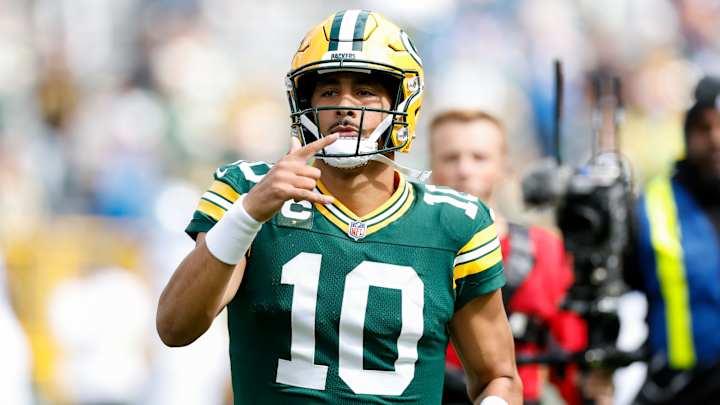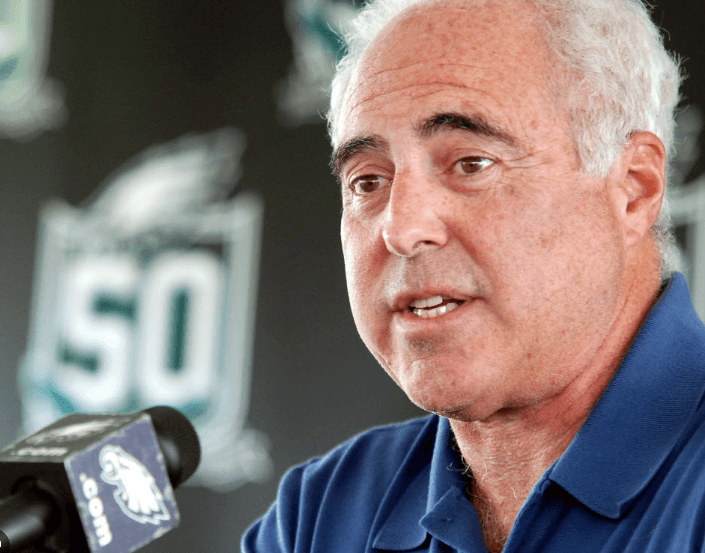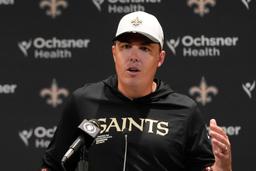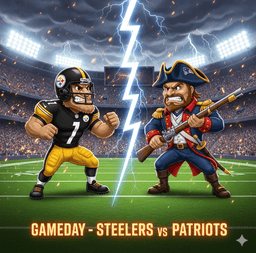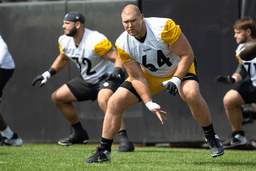Cowboys Super Bowl Legend Troy Aikman Reveals How Jersey Saved His Life
Dallas, TX – July 2, 2025
A cherished Dallas Cowboys icon has shared a deeply personal story that transcends the gridiron, revealing how the team’s jersey became his lifeline during the darkest moments of his life. In an emotional reflection published in The Players' Tribune, Super Bowl champion and Hall of Famer Troy Aikman credited the silver-and-blue uniform with pulling him through adversity, captivating Cowboys Nation.
Aikman, a three-time Super Bowl winner (XXVII, XXVIII, XXX) and MVP of Super Bowl XXVII, detailed his journey from a small-town upbringing in Henryetta, Oklahoma, to NFL stardom. Plagued by a severe back injury in 1994 that nearly ended his career and the pressure of supporting his family after his father’s financial struggles, Aikman faced moments of despair. “I’ve been through pain—physical and emotional—losing faith in myself after that injury, wondering if I’d ever play again,” he said. “But pulling on that Cowboys jersey, it reminded me of my purpose. It wasn’t just a uniform. It was my strength.”

Drafted first overall in 1989, Aikman led the Cowboys to dominance in the 1990s, throwing for 32,942 yards and 165 touchdowns over 12 seasons in Dallas. His clutch performances, including a 273-yard, 4-touchdown game in Super Bowl XXVII, were pivotal to the team’s three titles. Yet, behind the success, the 1994 back injury—requiring surgery and sidelining him for half the season—tested his resolve, with the jersey becoming a symbol of resilience.
“Football gave me discipline,” Aikman explained. “But the Cowboys gave me a brotherhood. That jersey held me together when I was at my lowest, pushing me to lead for my family and teammates.” Former teammates like Emmitt Smith and Michael Irvin have often highlighted his tenacity. Coach Jimmy Johnson, who guided those championship teams, said, “Troy played with a heart that carried us all through tough times.”
Fans on social media responded with admiration, posting, “Aikman’s jersey was his armor” and “That Super Bowl run saved him as much as he saved us.” Now retired, Aikman continues his legacy through charitable work, including the Troy Aikman Foundation, supporting children’s health. “I came to Dallas to win,” he said. “But I left with a story that jersey carried for me—a story of survival.”
Will Aikman’s tale inspire the current Cowboys roster? Stay tuned to ESPN for more.
